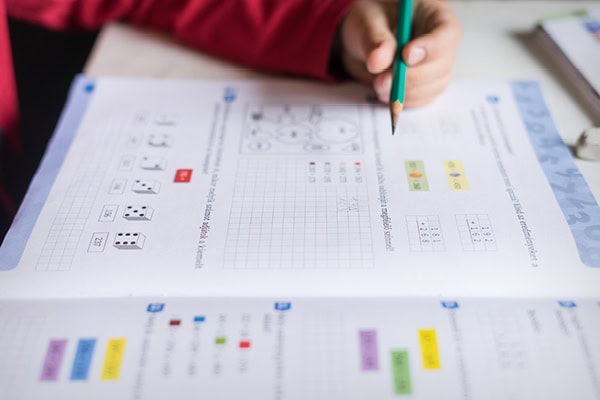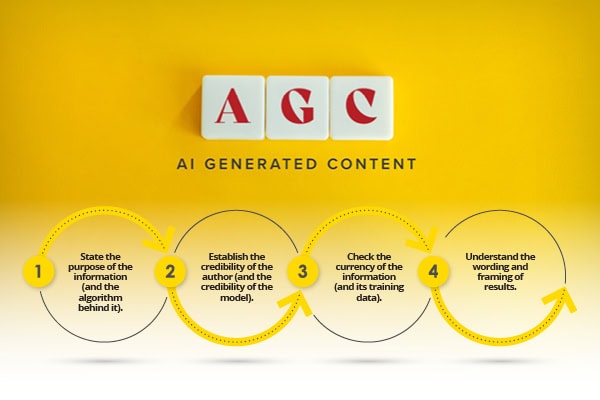From conflicts over pandemic-era masking policies to heated discussions about curriculum and library books, many of these disagreements have played out in especially public fashion, according to Education Week. Superintendents have been faced with questions about how and how much they should communicate in these strained times—and when it might make most sense to simply disengage.
In an interview with Education Week, Katy Anthes offered advice for district leaders on better preparing and responding to politically polarizing issues—and how to know when it’s time to disengage. Anthes served seven years as commissioner of education in Colorado. Now, she leads the Forward Initiative, an effort by the Public Education and Business Coalition—a national, education-focused nonprofit—to equip district leaders with skills in conflict resolution.
What’s led to that increase in polarized debates?
“Election cycles don’t help. They definitely tend to fan some of the flames because tensions are just higher in general and education is a hot-button issue.
“But I do think we have just seen the polarization of issues on the rise for the past 10 to 20 years, and I think people are just much more apt to dive into a side and not listen anymore, or not think about compromise, or not think about where we can come together and have some mutual agreement.
What are some of the skills district leaders need to hone to address these issues?
“One of the core reasons polarization is increasing is because people don’t feel heard and they don’t feel like their opinion matters, and they lack a sense of belonging in their community or school.
“The biggest way to combat this is to lean into building relationships with folks who maybe are feeling on the outside of the system, or who don’t see eye to eye with other system leaders and what’s going on. The key is to do this before you are in a high-conflict situation.
“Get to know people on a personal level, a human level. That builds some humanity and some connection, so when you do face an issue that is highly contentious, you actually have something to fall back on, even if that’s just, ‘Hey, I know you’re coming at this from the perspective of a caring mother.’ You have a relationship from which you can start the conversation.
“The challenge, obviously, is that you don’t always want to do it. You don’t always want to purposely reach out to the folks that might disagree with you, or the ones that might be a little more challenging in the community, so it tends to be the thing that gets put off. But if you leave it off your priority list, then it could come back to bite you in a much more time-consuming and difficult way.
How can education leadership programs better prepare upcoming leaders?
“I’d call on preparation programs to think about and give leaders strategies around how to authentically listen to constituents who disagree with you, how to connect with people who disagree with you, and how to frame issues so they’re not set up to be divisive. They’re not always a “yes” or “no.” Sometimes you need to show the nuance and the complexity of issues.
“We have to lean into this now more than ever.”
Education Week





